U.S. House energy committee scrutinizes PREPA deal
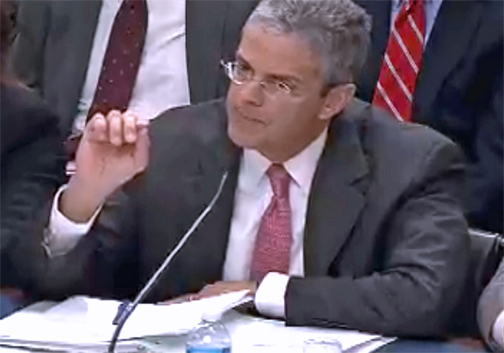
WASHINGTON — A restructuring deal between the deeply indebted Puerto Rico Electric Power Authority and most of its creditors came under scrutiny during a Tuesday oversight hearing here by the House Subcommittee on Energy and Mineral Resources.
The panel, chaired by Rep. Doug Lamborn (R-Colorado), came 10 days before a Jan. 22 deadline for Puerto Rico legislature to vote on the massive “restructuring support agreement” or RSA. The deal, finalized Dec. 23, would satisfy 70 percent of the bondholders of PREPA, which is $9 billion in debt.
“This hearing is not about Chapter 9 of the bankruptcy code. It will focus on other issues,” warned Lamborn, though the Q&A that followed the presentation of prepared testimonies quickly zeroed in on that very subject.
Appearing at Tuesday’s panel, whose rather bland title — “Exploring Energy Challenges and Opportunities Facing Puerto Rico” — belies the massive crisis weighing down on PREPA — were Lisa J. Donahue, the utility’s chief restructuring officer; Josen Rossi, president of the Puerto Rico Institute of Competitiveness and Sustainability; Jorge San Miguel of Ferraiuoli LLC, a San Juan law firm; Jaime L. Sanabria Hernández, co-president and general manager for finance and administration at EcoEléctrica LP, and Carlos Rivera Vélez, chairman of the Puerto Rico Manufacturers Association.
“PREPA represents one of the greatest problems currently facing Puerto Rico,” Lamborn said in a prepared statement. “Going forward, PREPA not only needs to address its overwhelming financial crisis, but it must also address the systemic issues that hamstring its ability to become an efficient and adaptive utility. Unfortunately for PREPA, there is no easy solution. Blanket grants of debt restructuring would be irresponsible, and would merely punt the hard decisions to future generations.”
Donahue, who was appointed to her current position in September 2014, said she’s confident the utility can survive, but criticized “the structural challenges within PREPA as a result of shifting political agendas with subsequent administrations, making it very difficult for a long-term business to actually operate.”
San Miguel urged Puerto Rico’s legislature to approve the RSA and to encourage independent power producers such as EcoEléctrica and AES to invest on the island.
“It’s clear that the private market is much more efficient in power generation,” he said, urging “long-term concessions or private-public partnerships that allow the private sector to seek the most efficient capital, construct at the greatest speed, and operate with the greatest efficiency.”
He told the panel that “quite a few world-class investors are waiting to see what happens” with the deal and PREPA’s proposed integrated resource plan (IRP), which calls for 83 percent of the island’s electricity generation to be powered by natural gas and renewable sources by 2030, up from 48 percent today.
“Most of the assumptions made in the IRP are rather conservative, so they assume PREPA will be carrying a great part of the capital expenditures,” he said. “But that should not be on PREPA’s back. Let the private sector do it. They do it much more efficiently — and those efficiencies are passed on to consumers.”
Puerto Rico Resident Commissioner Pedro Pierluisi agreed that “we need more private capital in the energy sector” — but that it’s very tough to attract that capital given the island’s current fiscal mess.
“Donahue spent 15 months negotiating a debt restructuring deal with the major creditors of PREPA, and managed to get a deal from 70 percent of them,” he said. “The challenge now is, how do we at least attract the others to be a part of this deal?”
Access to Chapter 9 protection would definitely help, the lawmaker suggested.
“We didn’t have it when we started, and we still don’t have it,” Pierluisi said. “Some people really don’t like Chapter 9, but bear in mind that one of its benefits is that when you have Chapter 9, a federal bankruptcy judge can enforce the plan on all creditors, and you wouldn’t have the issue you still have today.”
Donahue insisted “with Chapter 9, we’d be able to get super-priority financing, so that could be used as a bridge. Chapter 9 would facilitate the deal very quickly and would pull in the holdouts — to the extent there are holdouts — so we don’t have an Argentina problem. It would allow us to move on to the next phase.”
But San Miguel said that’s no solution at all — and nor is it right.
“I wouldn’t come as an American citizen begging anything from Congress unless I’ve done everything I can, and just need some assistance to finish the job,” he told the panel. “As a person who believes in our right to statehood, we can’t as a jurisdiction ask for more stateside rights without the responsibilities. The principal proponents [of Chapter 9 protection] are people who do not wish Puerto Rico to become a state. They want the goodies of the state, but not the responsibilities.”

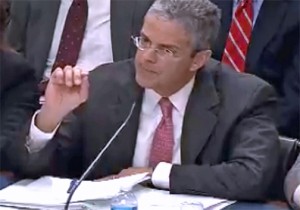
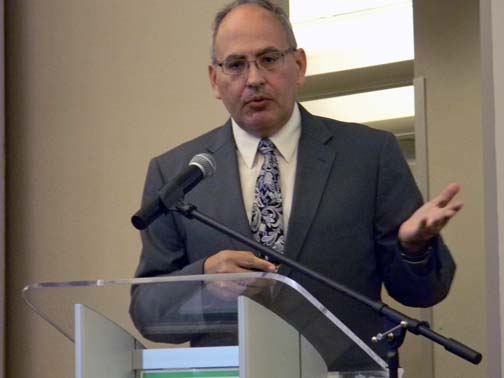
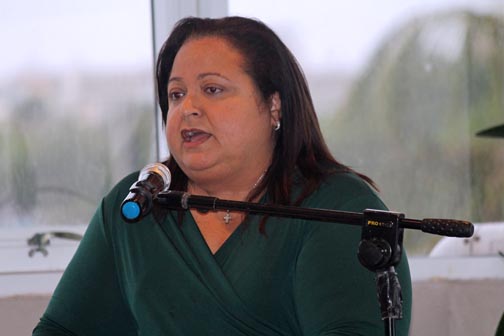
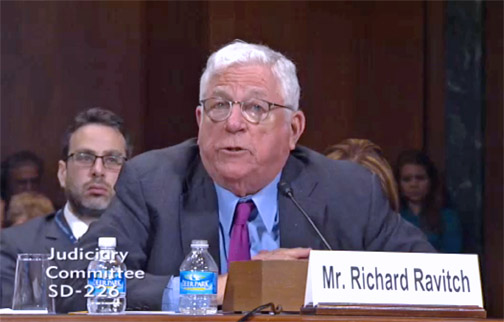
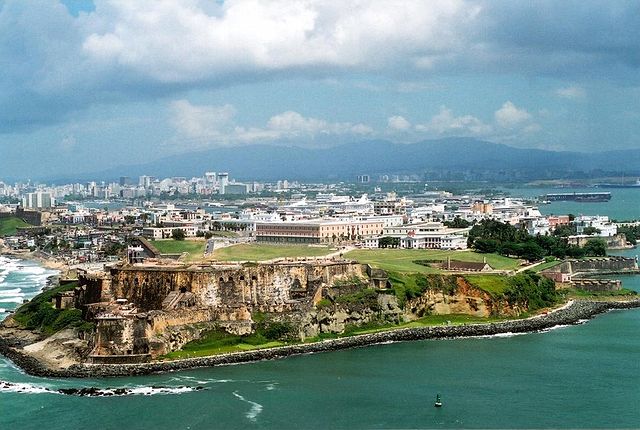



U.S. legislators are both furious and frustrated
by Puerto Rico’s unchecked corruption
It is no secret in Washington that legislators are
scrambling to come up with solutions to aid the financially strapped island
nation. In confidential discussions with
numerous politicians, it is clear that many are reluctant to throw good money
at a solution that would be subverted by Puerto Rico’s ruling class.
On an almost daily basis there is a new headline
highlighting one problem or another on the island. Most recently, an audit of the municipal
bonds issued by the islands electric utility appears to show that the utility
never had the funds to pay back the bonds.
As soon as one bond offering was funded another would materialize to help
pay off the bonds from the previous offer.
It was a house of cards that would collapse as soon as new money was not
available to pay previous investors back.
In conversations with the SEC and FINRA I was told
that the agencies share the legislators concerns about the audit. The FBI and U.S. Attorney offices did not respond
to my inquiries.
Legislators don’t want to support the call for
bankruptcy protection when tens of millions of U.S. citizens lost material
amounts of money from these questionable bond sales. Legislators also don’t want to sit on their
hands and see the islands innocent residents suffer.
Congress is keenly aware that the public is tired
of seeing this type of Wall Street fraud when no one is every held accountable.
The only thing certain about Puerto Rico is that
something needs to be done. If I had to
guess, it would be a legislative compromise that bypasses Puerto Rico’s
leadership for a number of years. The
clock is ticking and tough decisions need to be made.